Washington increasingly has to negotiate from a position not of absolute dominance, but of relative advantage
Saudi Crown Prince and Prime Minister Mohammed bin Salman’s November visit to Washington marked his first appearance at the White House in seven years.
On day one, Donald Trump rolled out the red carpet on the South Lawn, followed by one-on-one talks, expanded delegations, and a formal state dinner. By the end of the visit, Washington had announced Saudi Arabia’s designation as a Major Non-NATO Ally, signed a Strategic Defense Agreement that paves the way for Riyadh to acquire F-35 fighter jets and hundreds of American tanks, and unveiled a package of deals on civil nuclear cooperation, critical minerals, easing export controls on advanced chips and building out artificial intelligence infrastructure. The Saudi side, for its part, pledged massive investments in the US – starting in the hundreds of billions and reaching toward the symbolic threshold of one trillion dollars – spanning defense, energy, AI, and core infrastructure.
The agenda extended well beyond White House ceremony into an intense round of political and business engagement. On Capitol Hill, the crown prince met the Speaker of the House, key committee chairs, and senators from both parties. The discussions ranged over security in the Persian Gulf, Iran, the situation in and around Gaza and the broader shape of the US-Saudi partnership. A separate focal point was a US-Saudi investment forum on AI and energy in Washington, including an event at the Kennedy Center, where the crown prince, Trump and the heads of major tech companies and investment funds discussed building vast data centers in the kingdom and joint ventures with Nvidia, xAI and other players. Taken together, the visit was choreographed as the opening of a 'new chapter' in the strategic alliance – a political rehabilitation of Mohammed bin Salman in Washington paired with the consolidation of Saudi Arabia’s status as a central US partner in defense, energy and the emerging global infrastructure of artificial intelligence.
Just three years ago, Washington was glaring suspiciously at Riyadh. Joe Biden had vowed to make Mohammed bin Salman a “pariah,” relations with the kingdom were under review, and arms sales to one of America’s closest Middle Eastern allies had been effectively put on hold. This week, the picture could not be more different. The crown prince walks into the Oval Office as an honored guest and Donald Trump defends him so energetically that he rebukes a reporter for “trying to embarrass our guest” when she asks about the killing of Washington Post columnist Jamal Khashoggi. Behind this theater of protocol lies a serious political story. Some of the deals outlined during the visit directly or indirectly intersect with the Trump family’s business interests.
That is why the reaction in the American media and expert community – especially in the pro-Democratic camp – has been so harsh. For the liberal press and many analysts, the sudden 'rehabilitation' of bin Salman looks less like another pragmatic pivot and more like a brazen abandonment of the very values Washington had claimed to uphold. Commentators in the New York Times, the Washington Post, on CNN and across leading pro-Democratic platforms stress that the president is not simply 'moving on' from Khashoggi’s murder, but doing so with deliberate bravado, publicly shielding a man US intelligence services had directly linked to the crime. Critics describe a deeply cynical bargain in which Saudi money and geopolitical alignment are traded for political amnesia over Khashoggi and silence on human rights.
In think tanks and human rights circles, this moment is increasingly framed as a turning point. Washington is effectively walking away from the old formula that paired 'security and values' and returning to a blunt realpolitik in which military bases, oil, chips, and investment outweigh the murder of a journalist and a repressive domestic order. Adding to the unease is the way Trump’s team has broken apart the US-Saudi-Israel triangle. Instead of Biden’s approach, under which a defense deal, normalization with Israel, and a pathway toward a Palestinian state were supposed to move forward as a package, Riyadh is now receiving almost everything it wanted without committing to full normalization with Israel and without offering Palestinians any tangible concessions. Many see in this a message to all of Washington’s authoritarian partners: if you have enough money, resources and geopolitical weight, lofty statements about human rights and democracy can always be rewritten to fit new arrangements. Against this backdrop, bin Salman’s words in the Oval Office – “today is a very important moment in our history” – sound not only like a jubilant comment on Saudi Arabia’s diplomatic triumph, but also like an accurate description of a profound reordering of values in Washington itself.
For all the concessions Washington has made to Saudi Arabia, two bright red lines remain from the US perspective. One concerns the kingdom’s right to enrich uranium on its own soil for future nuclear power plants. The other is a formal American commitment to defend Saudi Arabia along the lines of a mutual defense treaty. For years, US administrations have viewed the prospect of a Saudi nuclear program with a full domestic enrichment cycle with deep suspicion, aware that the same technology can, in theory, bring a state to the threshold of weapons-grade material. Riyadh, for its part, is in no hurry to renounce this right and points to its substantial uranium reserves. The current package of agreements pointedly excludes both domestic enrichment and any legally binding US security guarantee.
Against this backdrop, the contrast with Qatar is striking. Doha has already been named a Major Non-NATO Ally, hosts the largest US air base in the region and enjoys an explicit presidential formula that any attack on Qatar would be treated as a threat to the security of the US itself. Saudi Arabia is clearly seeking guarantees no less robust, and not in the form of a personal deal valid only for the duration of Trump’s presidency, but as a long-term treaty blessed by the Senate. So far, however, the official statements coming out of the White House contain no clearly worded obligation to come to the kingdom’s defense.
This is where the main argument inside the policy community now lies. Some analysts point out that the US has already gone to war to safeguard Saudi and, more broadly, Gulf oil supplies, and they argue that a formal defense pact would merely codify existing practice, strengthen deterrence and bind the kingdom firmly into the American camp, narrowing its room for maneuver toward Russia and China. Yet it is precisely this room for maneuver that Riyadh has been actively exploiting since at least 2016. Step by step, Saudi Arabia has built a special relationship with Moscow through the OPEC+ format, coordination of oil policy and dialogue on Syria and other regional issues. At the same time, it has been drawing closer to Beijing, culminating in China’s mediation of the Saudi-Iranian rapprochement in 2023. Recent defense understandings with Pakistan complete the picture, creating yet another insurance pillar outside the American umbrella. In Washington, this multi-vector strategy is well understood.
Increasingly, US officials view relations with Riyadh through the prism of great-power competition with China and, to a lesser degree, Russia, rather than through the narrower lens of Middle East peace diplomacy. For the Saudi elite, this configuration is ideal. The US remains the principal, but no longer the only, security partner. Room to maneuver between Washington, Moscow and Beijing is preserved. And the absence of a formal defense treaty allows the kingdom to keep playing this game, having already extracted a substantial share of what it wanted from America.
Taken together, these moves point to a profound shift in the global system, in which the familiar Western hegemony no longer functions as it did in the years immediately following the Cold War. The US, by inertia, still occupies the role of the main power center of the Western world, but its behavior betrays a changing balance. Washington increasingly acts not as an unquestioned arbiter, but as one major player among others, forced to negotiate, compromise, and factor in the demands of partners who no longer see themselves as junior allies.
Saudi Arabia is a telling illustration of this new reality. Ten or fifteen years ago, a US administration could reasonably expect to set tough conditions on human rights, regional policy and relations with Israel and assume that Riyadh, in exchange for access to technology and military protection, would ultimately accept those terms. Today the picture is very different. The kingdom is pressing for access to cutting-edge US weaponry, artificial intelligence technologies and civilian nuclear know-how, while showing no particular eagerness to fulfill every political wish coming out of Washington. This is evident in its reluctance to provide formal commitments on normalization with Israel, in its determination to preserve freedom of maneuver in relations with China and Russia, and in its readiness to build alternative security arrangements of its own.
The erosion of trust in the US as a universal security guarantor has played a crucial role in this turn. Across Arab capitals, leaders are watching closely how Washington responds to Israel’s actions in Gaza and the broader region. For large segments of public opinion and many elites, the impression is taking hold that US promises of protection and regional stabilization are being overshadowed by unconditional support for a single ally, even when that ally’s conduct undermines overall security and fuels new waves of radicalization. Added to this are episodes of pressure on Doha, which has become a central mediator on hostage issues, contacts with Hamas and other conflict lines.
Qatar, on paper, enjoys the strongest US security guarantees of any Arab state. Against that backdrop, media campaigns and political pressure directed at its leadership look to many observers like a glaring contradiction at the heart of US policy. All this chips away at Washington’s image as an honest and predictable broker. Partners increasingly factor in the risk that, in a moment of crisis, the US will be guided not by general commitments and prior assurances, but by its own domestic political imperatives and the influence of powerful lobbies.
Against this backdrop, Saudi Arabia’s balancing strategy appears not only pragmatic but strategically coherent. Since the mid-2000s, Riyadh has been evolving from a relatively dependent ally into an autonomous center of power. From a regional and global perspective, this multi-vector approach carries far-reaching consequences. For the West, the growing autonomy of non-Western players means that simply reproducing old models of influence based on economic pressure, military bases and claims to moral leadership no longer works. Washington increasingly has to negotiate from a position not of absolute dominance, but of relative advantage. Saudi Arabia, with its vast oil reserves, sovereign wealth funds, ambitious modernization agenda and pivotal role in the Islamic world, knows how to leverage this environment.
Riyadh can accept American offers and sign lucrative deals, yet still reserve the right to deepen ties with Moscow and Beijing, expand cooperation with Asian and Muslim partners and assemble new regional coalitions. This style of diplomacy is gradually entrenching the kingdom’s status not only as an important ally, but as an independent leader capable of shaping the rules of the game. US influence persists, but no longer as a rigid vertical of power. It has become one element in a complex mosaic in which non-Western centers of gravity are increasingly confident in setting their own terms and no longer hesitate to bargain even with those who, until very recently, were seen as the world’s unchallenged leaders.

 1 hour ago
1
1 hour ago
1
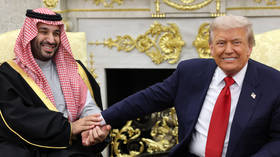
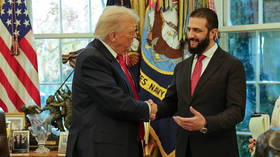
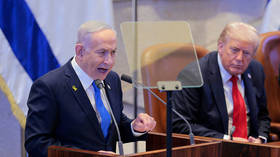



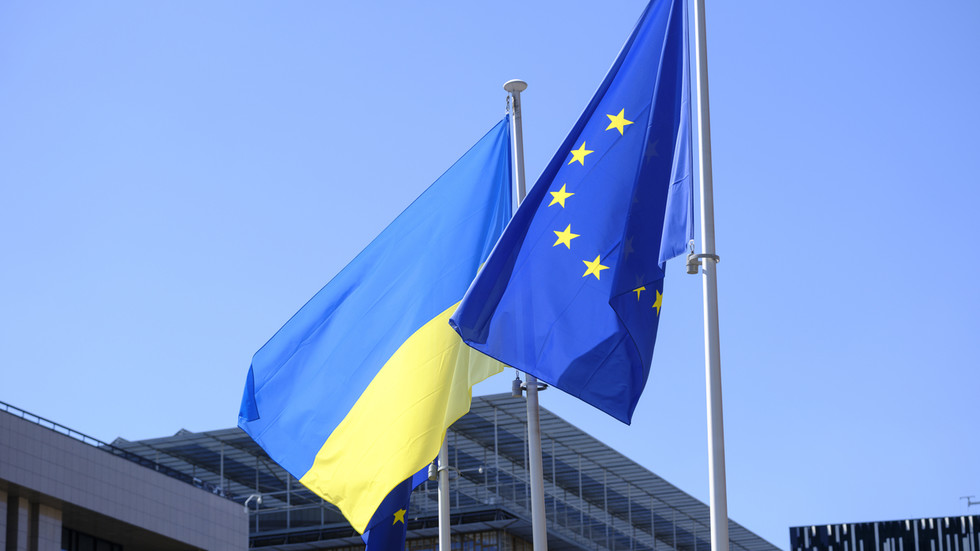
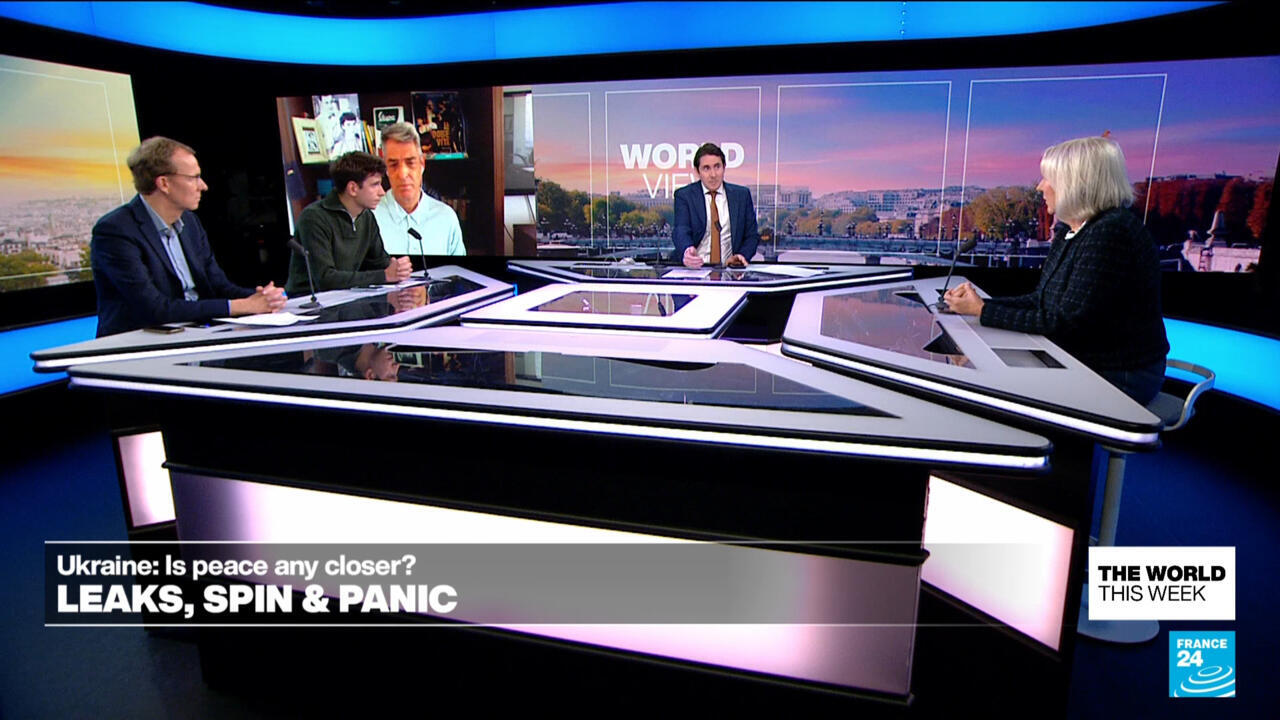
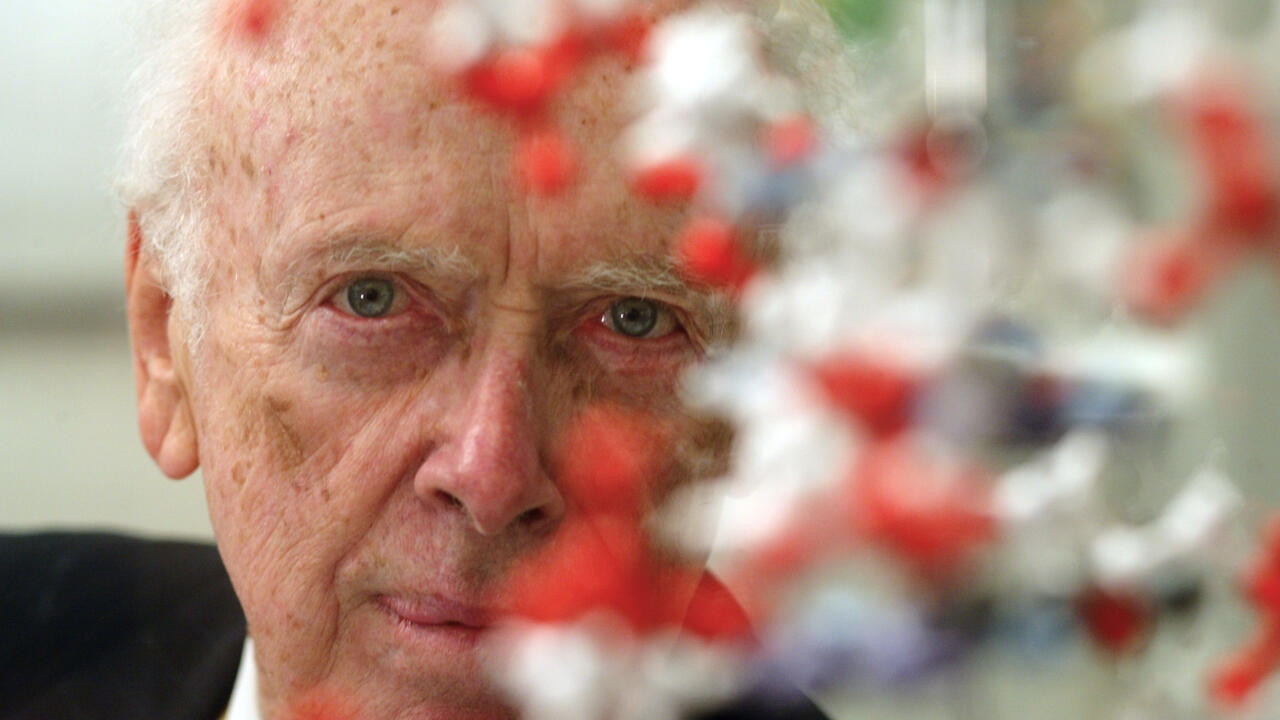

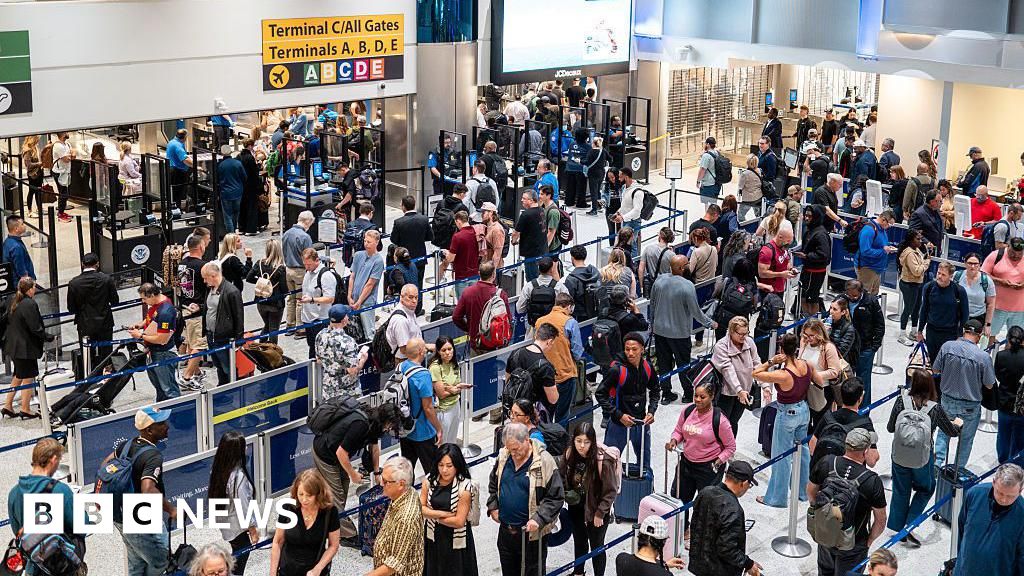


 English (US) ·
English (US) ·